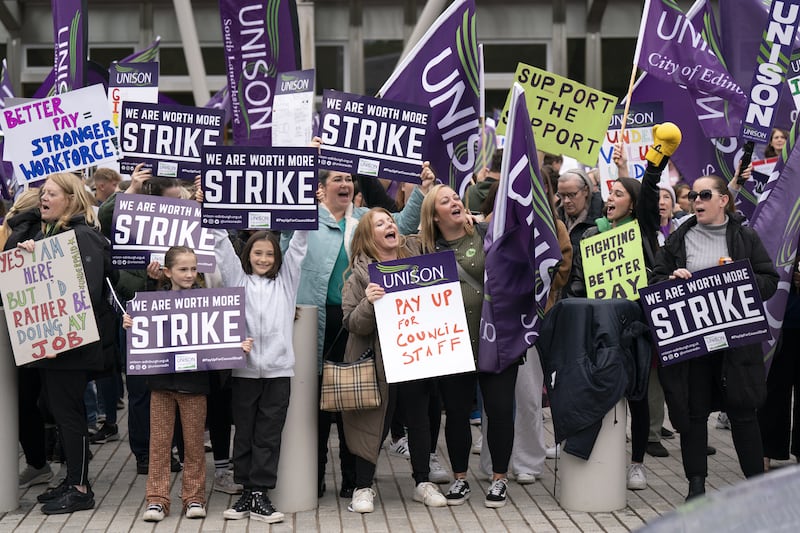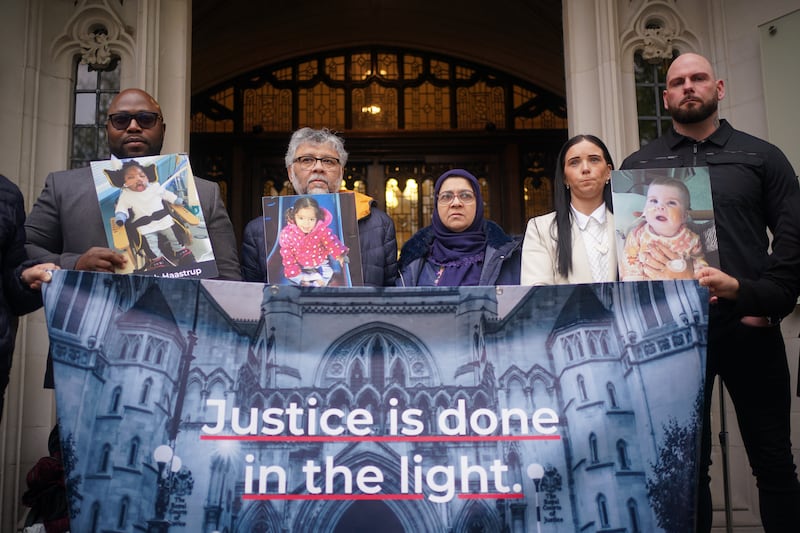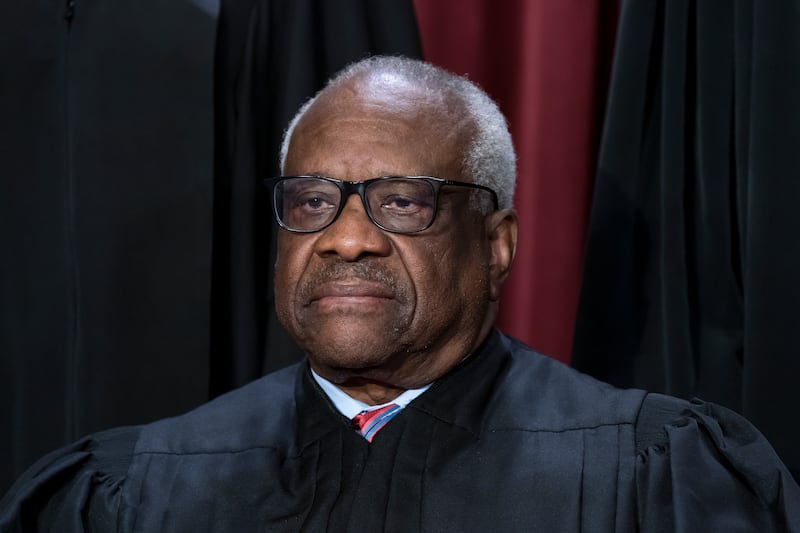A former PSNI superintendent has said he doesn’t believe yesterday’s Supreme Court ruling will change how police approach illegal parades.
Alan Mains said while senior officers will consider the judgment, it may not have a dramatic impact on how they deal with public processions.
In the past both loyalist and republican parades have taken place without the consent of the Parades Commission.
Solicitor Pádraig Ó Muirigh, who represented the resident who brought the legal challenge, said the ruling clarifies the law and powers available to police and has "wide-ranging implications for the policing of unnotified and illegal parades in the future"
Mr Mains, who retired in 2007, said it would be foolish to think the PSNI would not take the court judgement into account.
However, he added: “If we have a situation here now today in 2017 whereby roads all across Northern Ireland were being blocked and there were protests and there was a focus on city hall, I’m not sure there would be a difference in the decision.
“I am very much of the opinion that the chief constable will have to factor in a risk assessment to officers and the community.
“Will it change policing? I don’t think so.”
Mr Mains said police consider different issues when deciding how to respond including “paramilitary intelligence coupled with advice from community leaders".
“Police will put that into the decision-making process,” he said.
Police Federation chairman Mark Lindsay said the size of the PSNI meant it would have been impossible to deal with widespread trouble if orders were given to prevent illegal parades.
“Today is no different. In fact, we have fewer officers on the payroll now than we did in 2012. The interpretation of the law is one thing, but having sufficient numbers present to uphold the law is quite another matter," he said.
However, SDLP justice spokesperson Alex Attwood described the court ruling as “unambigous”.
“The PSNI had an inescapable duty to prevent, where possible, what was plainly illegal," he said.
“The judgment goes further, saying that the police failed to recognise that the integrity of the Parades Commission system was dependent on the requirement to notify of an intention to parade.”
East Belfast Sinn Féin representative Mairead O’Donnell said her community was “under siege” from illegal parades during the flag protest.
"(The) judgement from the Supreme Court found that the PSNI had to power to stop these parades all along but they failed to do so," she said.
"The PSNI got it wrong and the community in the Short Strand suffered.”
She said her party will be raising the judgement with the PSNI and Policing Board.
A board spokesperson said: “Board members will have the opportunity to question the Chief Constable on the Supreme Court judgment at the Board meeting (February 2) and any operational impacts for the PSNI as a result.”








